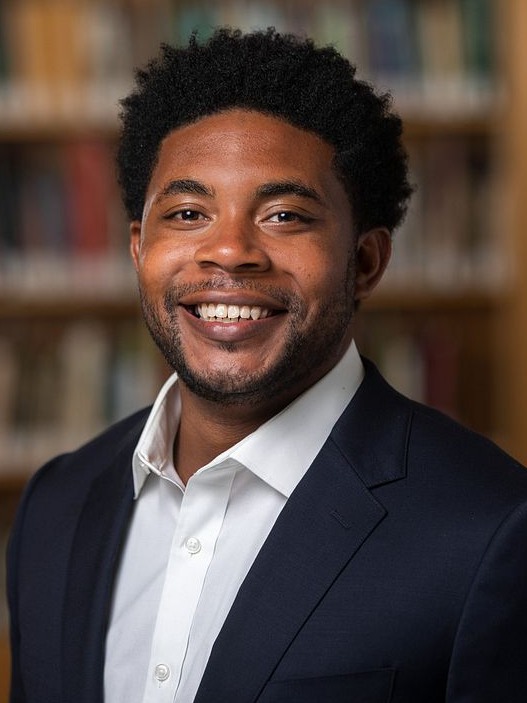PROVIDENCE, R.I. [Brown University] — American voters have the power to set town and school budgets, support or strike down major improvement projects and choose the representatives who control local purse strings. But they rarely get to weigh in on the finer details — whether a year’s town budget increase will fund road improvements or expanded public transit, for example, or whether a new school bond will support higher teacher salaries or additional teachers.
In recent years, an education scholar at Brown University began to wonder: If Americans could weigh in on the minutiae of town and school budgets, instead of letting elected officials speak for them, what would they say?
Jonathan Collins, an assistant professor within Brown’s Department of Education and Watson Institute for International and Public Affairs, has spent the last two years working with Providence-area schools and governments to answer that question. Through a series of projects launched in collaboration with local representatives and school leaders, Collins is demonstrating the power of “participatory budgeting” — a democratic process that asks community members to decide via conversations and deliberations how to spend part of a public budget.
“As a society, we’ve gotten very good at expressing our individual needs, but we’re not as adept at identifying our collective needs,” Collins said. “That’s leading people to pursue their own interests ahead of what’s good for everyone. But democracy isn’t about one person being loud — it’s about how we, as a collective, can bring our diverse ideas, experiences and backgrounds to the table, combine them and use them to solve problems we’re all experiencing.”
Collins’ scholarship has long focused on improving civic engagement. In a 2021 study, he found that encouraging dialogue between school board members and the general public helped boost attendance at public meetings and increase the public’s trust in the officials. And with help from a $2 million federal grant, he’s currently developing a curriculum that could improve high school students’ engagement in social studies classes by allowing them to discuss the social issues they care about with sitting members of Congress.
It's no surprise, then, that in the summer of 2021, school leaders in Central Falls, R.I., turned to Collins and his research team to observe and improve long-term civic participation among parents and students there.
Like many hard-hit cities and towns across the United States, Central Falls had received hundreds of thousands of dollars in COVID-19 relief funds from the federal government, and a significant portion of that sum went to schools challenged by chronic absences and teacher shortages amid the pandemic. The district decided to allocate $100,000 to a participatory budgeting project called Voces Con Poder (Voices With Power).
